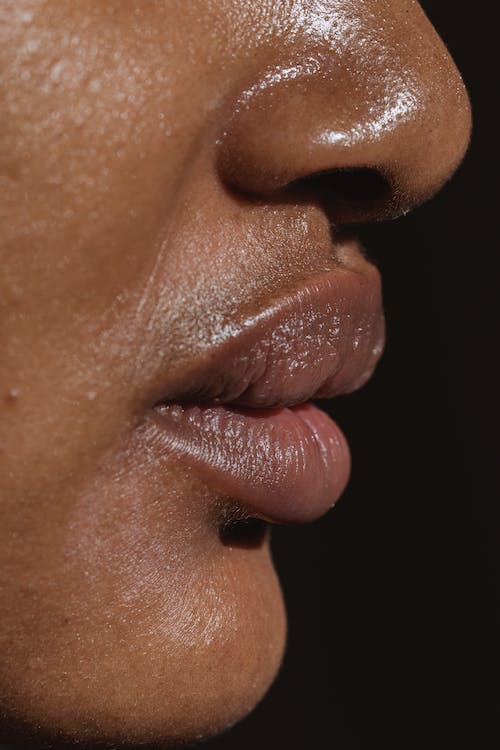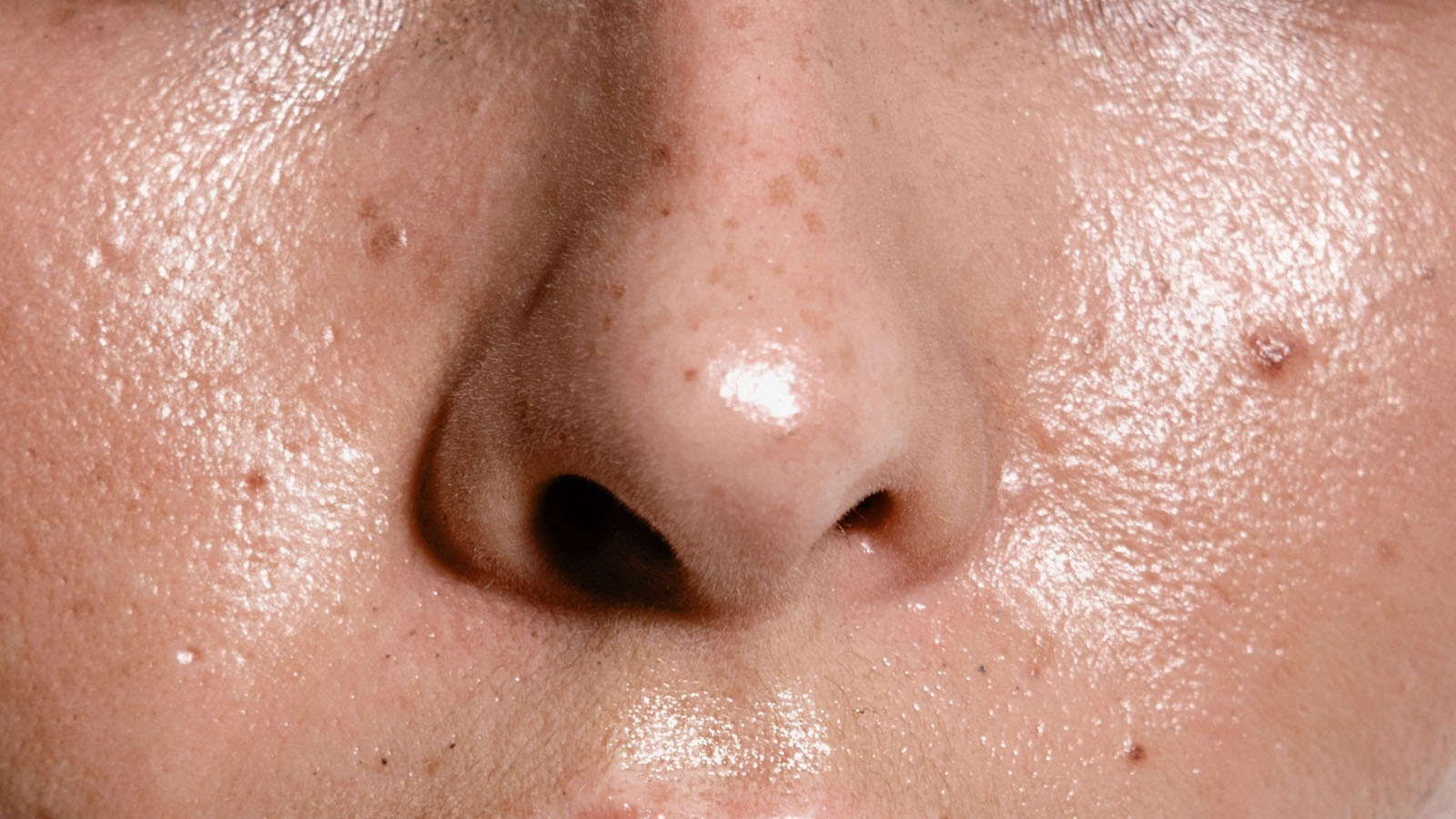Oily Skin
What is ‘Oily Skin?’
Oily skin is a skin type characterised by an overproduction of sebum, a natural oily substance produced by the sebaceous glands in the skin. Sebum is a mixture of lipids (fats), waxes, and cellular debris that serves several important functions in maintaining skin health. While having some sebum is necessary for keeping the skin moisturised and protected, excessive sebum production can lead to oily skin.
Oily skin tends to be more prevalent during specific life stages, such as adolescence, when hormonal changes are at their peak. The increase in androgen hormones, particularly testosterone, during puberty often leads to greater sebum production and the appearance of oily skin. Oily skin is also influenced by genetic factors, so if your parents or close relatives have oily skin, you may be more likely to have it as well.
WHAT CAUSES OILY SKIN?
Genetics: Genetic predisposition plays a significant role in determining your skin type, including whether you’re prone to oily skin. If your parents or close relatives have oily skin, you’re more likely to have it as well.
Hormones: Hormones, especially androgens like testosterone, play a crucial role in sebum production. During puberty, hormonal changes can lead to an increase in androgen levels, which stimulates the sebaceous glands to produce more sebum. This is why oily skin is often associated with adolescence.
Sebaceous Glands: Sebaceous glands are located throughout the skin and are particularly concentrated in areas like the face, chest, and back. Oily skin is often more pronounced in these areas due to the higher density of sebaceous glands.
Environmental Factors: Humidity, temperature, and other environmental conditions can influence sebum production. Hot and humid climates, for example, can lead to increased sebum production.
Dehydration: Staying hydrated by consuming enough water is essential for maintaining overall skin health, including proper moisture balance. Dehydrated skin can sometimes appear oilier due to an overcompensation in sebum production.
High-Glycemic Index Foods: Some research suggests that consuming foods with a high glycemic index (GI), such as sugary and refined carbohydrates, might exacerbate acne in some individuals. These foods can lead to increased insulin levels and potentially affect sebum production.
Ready to begin your journey?
Get started today, click the link below.
Want to know the tea?



